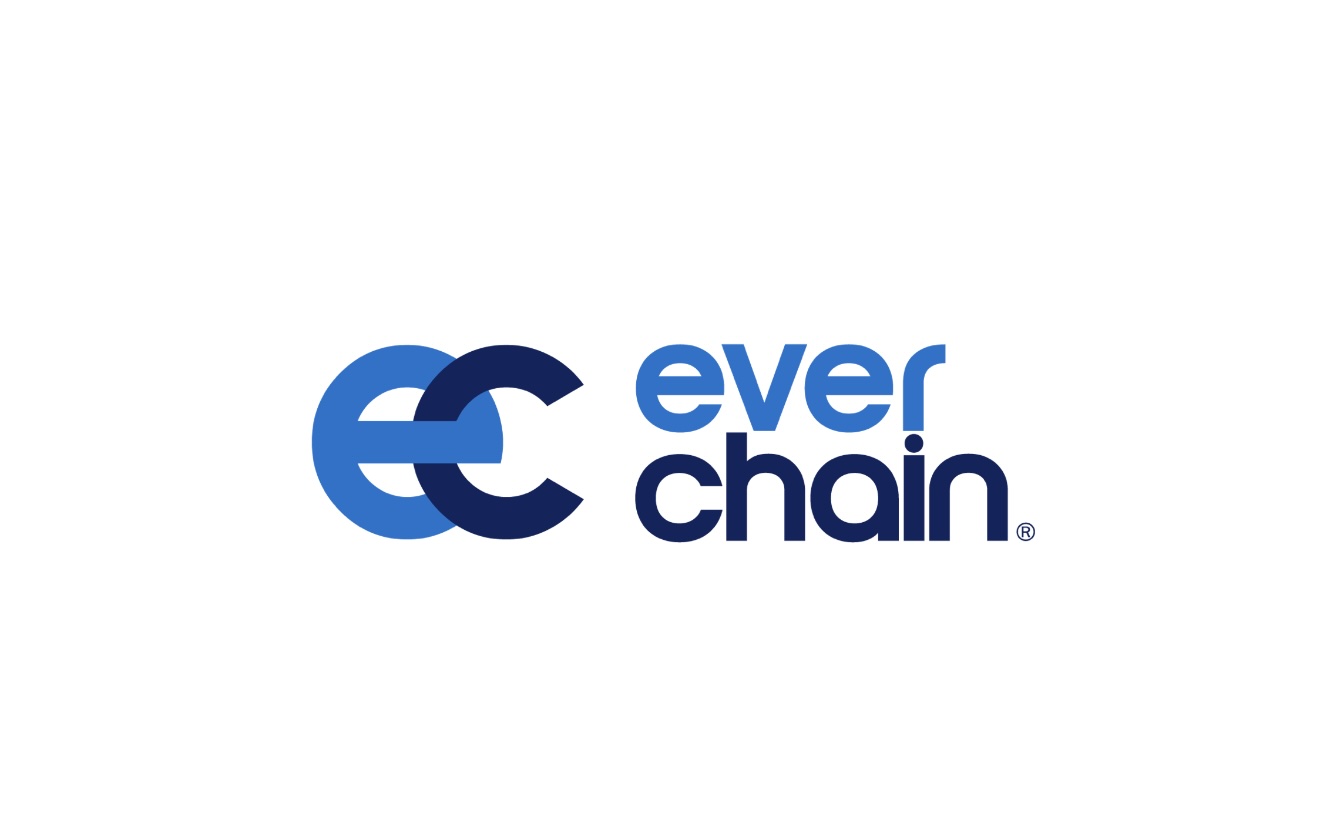Source: site

What the Proposed Legislation Would Change
-
The legislation, modeled on previous bill H.R. 7428, would let payday loan apps claim they are not offering “credit,” therefore exempting them from disclosure rules like the Truth in Lending Act (TILA), which currently require clear cost transparency.
-
If passed, these apps would no longer have to disclose their Annual Percentage Rate (APR), hiding the real cost of borrowing from users.
-
The proposed law would exempt these companies from the Military Lending Act, removing strong cost caps and other key protections for servicemembers.
Impact on Borrowers
-
Payday loan apps, currently already under scrutiny, often push users into more frequent and smaller loans to increase fee revenue. For example, one app averaged over $300 in revenue per worker each year, with individual users paying up to $1,400 in fees after taking multiple small loans.
-
Some products are advertised as “0% APR,” but added fees and tips can drive actual costs as high as 800% APR.
-
Research cited by consumer advocates shows these apps increase overdraft fees for borrowers by 56% and encourage risky borrowing cycles, which can worsen financial instability.
The bill modeled after last year’s H.R. 7428 proposes several changes that would significantly reduce transparency and consumer protections around payday loan apps:
Key Proposed Changes
-
The bill would declare that payday loan app advances are “not credit,” which would exempt them from federal transparency laws, including the Truth in Lending Act (TILA). This would remove the requirement to disclose the loans’ Annual Percentage Rate (APR), making it harder for borrowers to understand and compare the true cost of borrowing.
-
It would exempt payday loan app companies from the Military Lending Act. This would allow the apps to bypass existing consumer protections for servicemembers, such as the strong cost cap and the ban on forced arbitration.
-
The proposed law would encourage business models where workers must pay to access their earned wages, often through recurring fees or tips, rather than receiving full pay directly.
-
The legislation could undermine state-level regulations designed to guard against predatory payday loans, enabling payday loan apps to circumvent these additional protections.
These changes would allow payday loan apps to charge hidden fees and make it more difficult for both everyday consumers and servicemembers to recognize or avoid high-cost, high-frequency borrowing.
Concerns from Advocacy Groups
-
Consumer groups argue the law would:
-
Hide real borrowing costs,
-
Allow “pay-to-be-paid” app business models,
-
Limit comparison shopping for borrowers,
-
Undermine state-level protections against predatory loans.
-
-
Critics say the changes would hand payday loan apps a “free pass” to trap consumers in cycles of debt, particularly harming the most financially vulnerable.
Advocacy organizations are urging legislators not to pass the proposed changes, warning that it would increase financial harm for users of payday loan apps.




